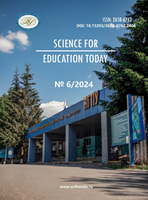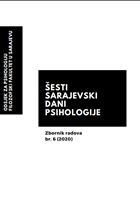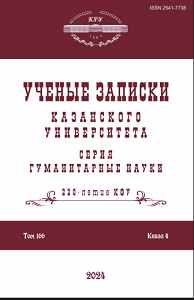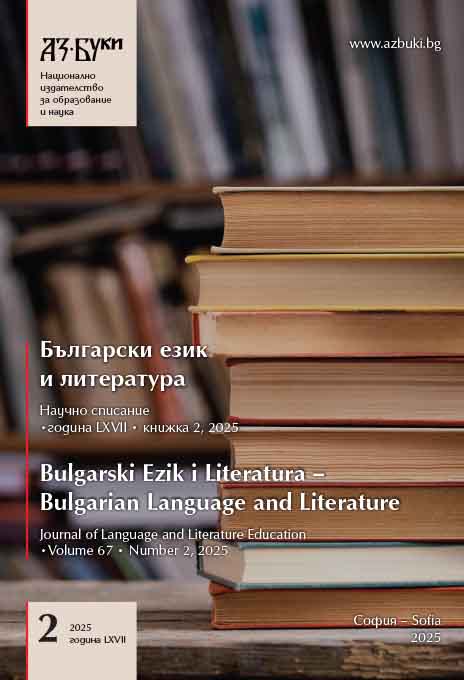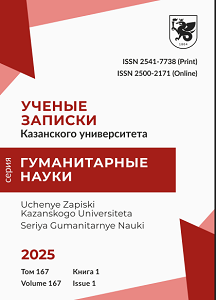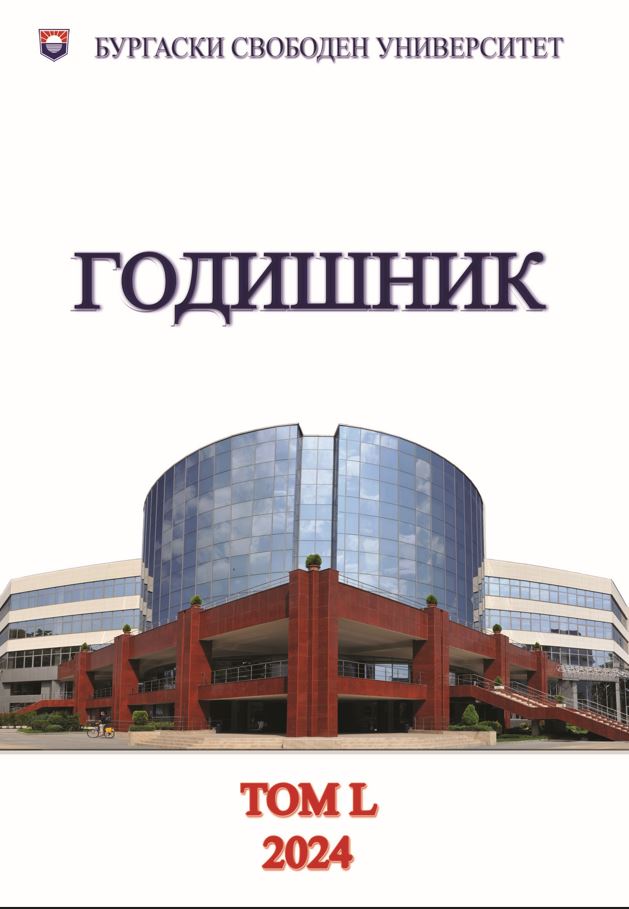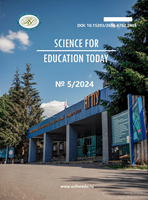
Профессионально важные качества педагогического продюсирования в условиях цифрового развития: оценка эффективности субъектами образовательного процесса
Introduction. The article is devoted to the problem of increasing the level of communicative culture in future economists in the digital era. The purpose of the research is to substantiate the effectiveness of professionally important qualities of teaching producing in universities of Economics, taking into account the digital format of interaction. Materials and Methods. The methodological basis of the study is the Pareto optimality principle (2080), which allows the authors to determine the necessary minimum of teaching resources in terms of modern communication knowledge for training economists in the digital age. During the study, an online survey was conducted in order to substantiate the effectiveness of professionally important qualities of teaching producing in the context of the digital specifics of the socio-economic space. The research sample consisted of students and academic staff of economics departments of the Financial University under the Government of the Russian Federation, Omsk State Pedagogical University, and Omsk State Technical University. Results. The theoretical analysis of the research problem revealed professionally important qualities of teaching producing (communication skills, digitals kills, knowledge of the principles of teaching ethics to create an atmosphere of trust and psychological safety), which facilitate the development of future economists’ communicative culture (motivational, cognitive, and functional components). According to the results of the empirical part of the study, the education stakeholders highly appreciated the effectiveness of professionally significant qualities of teaching producing and their positive correlation. Conclusions. The use of the Pareto rule allows the authors to conclude that the formation of professionally significant t qualities of teaching producing, which make up about 20% of the professional qualities composition for academic staff at universities of economics, determines 80% of the productivity of educational outcomes in terms of developing future economists’ communicative culture. This, in turn, determines the ability of graduates to build communication taking into account the career prospects at various levels of digitalization and interaction with artificial intelligence systems.
More...
